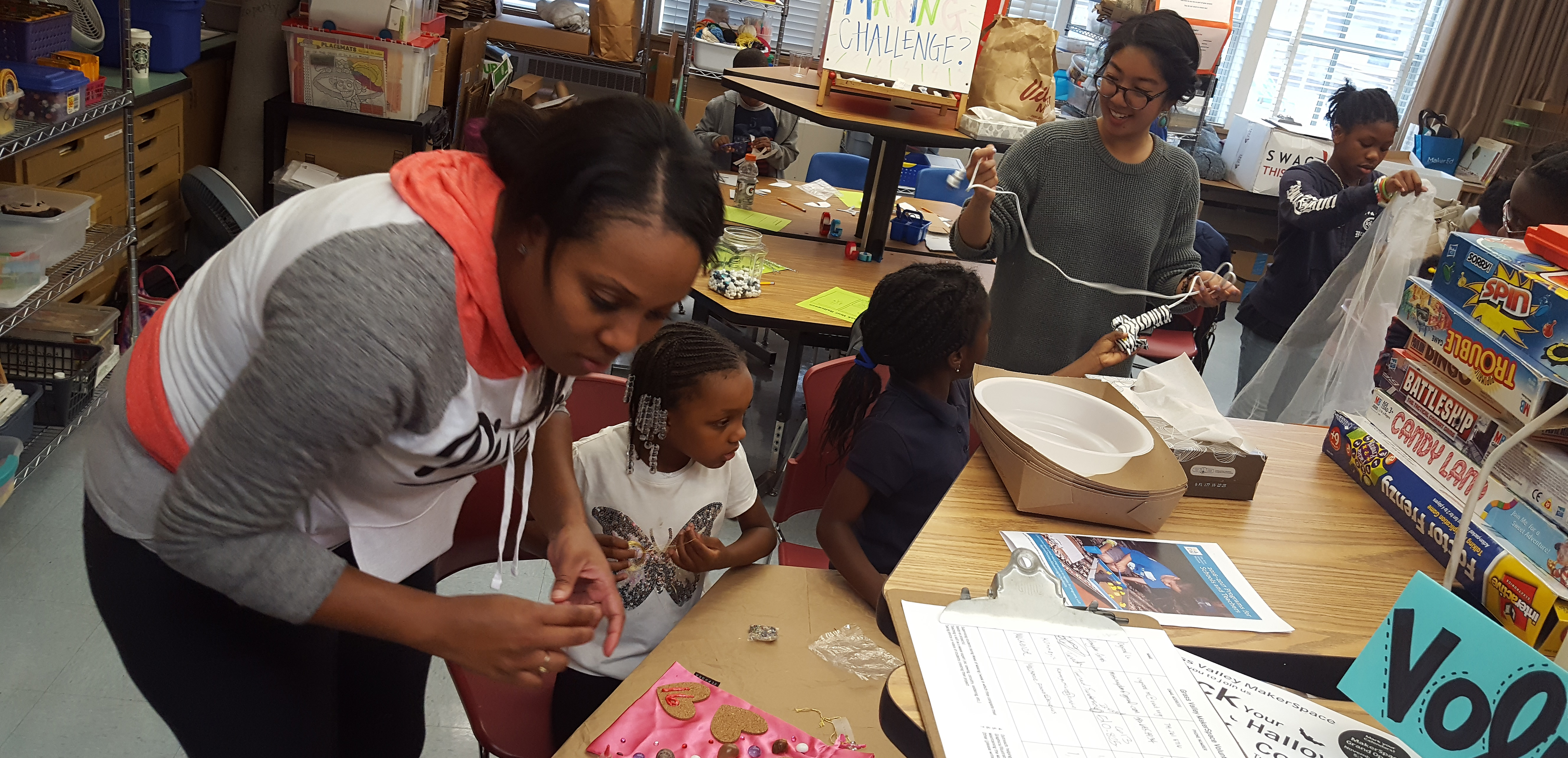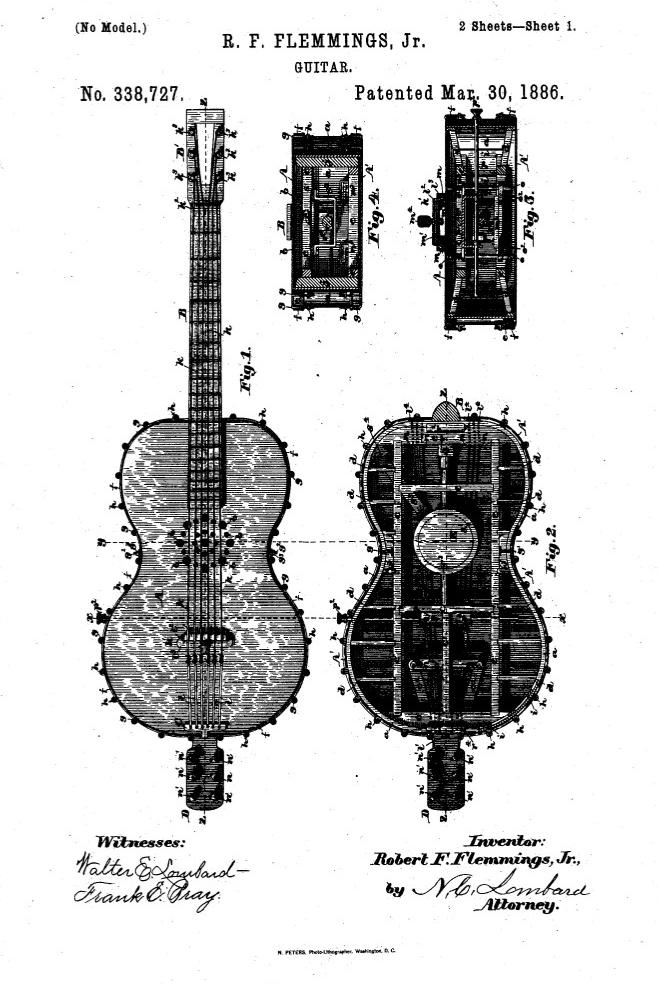
February is Black History Month and a fitting, prime time for tying in classroom content while calling out the crucial contributions of diverse voices and visions in making.
So many African American inventors, scholars, artists, writers, leaders, doers, makers—all those known to us and commonly referenced during this month, and all those unseen, unheard, unspoken of in textbooks—sought to foster change. Often under duress, or amid uncertainty and hostility, they made in order to solve problems, to better the neighborhoods and cities around them, to improve the everyday experience, or to revolutionize the masses. The impact and scope of what was (and is) made in those moments and what was (and is) piloted, prototyped, destroyed, and rebuilt is powerful.
Black History Month, then, is perhaps not just an occasion for youth and educators to get hands-on with history, but also a chance to consider making as movement, through and forward; as an active mode of agency and advocacy; as powerful—and sometimes provocative. Integrating making with that in mind opens up opportunities not only for curriculum connection but community connection.

At Maker VISTA partner sites across the country, maker educators and youth makers are striving to integrate in just those ways. Students at Bethune Middle School in Los Angeles are visualizing their own histories and narratives as they make interpretations of Lukasa Memory Boards, part of the Luba culture oral history tradition. Like many of their peers and counterparts nationwide, students at Drew Charter School in Atlanta are vibing off of Hidden Figures, clamoring to conduct their own research, code, or create their own Space Task Force.
At Grass Valley Elementary School in Oakland, CA, Maker VISTA members are collaborating with staff on a Black History Month Family Maker Night + Heritage Potluck. While a family potluck had been the school’s form of celebration in the past, this academic year—which also saw the grand opening of the school’s makerspace, the Wonder Workshop—principal Brandee Stewart sought to expand the evening to feature and promote their increasing focus on project-based and blended learnings. Now, this upcoming event will honor and explore the contributions of African American innovators in STEAM fields, engaging attendees in making activities and featuring a panel comprised of professionals, parents, and local makers who will share their stories, struggles, and successes.
In her suggestion to grow an annual gathering into a making-centered event, Grass Valley’s principal is signaling to the students, parents, and teachers that the direction their school is heading—while new, while different, while in-progress—is not only meaningful, but inclusive of them all. Their making can spark innovation, but also celebrate familiar traditions that have come before or have always been woven into the fabric of cultural practice. In this way, making becomes aspirational and affirmational; makers are invited to envision what could be, while valuing what is and has been a part of both historical and more personal narratives.
This month, Maker VISTA members and our partners are epitomizing what making can do in their communities—and really, what making should do, given the leaps and bounds we will need to take, to span, to bridge in the years ahead in order to ensure that access, equity and diversity aren’t only ideals in our mission statements and makerspaces, but realities in our schools, in our streets, and in our systems. Let’s join them, in spirit and intention, in some way this month. And beyond!
We invite you to share with us what you’re making, honoring, changing, and challenging for Black History Month by tweeting us at @MakerEdOrg.
Check back next week for a recap and share-out post around Grass Valley’s event.

Leave a Reply